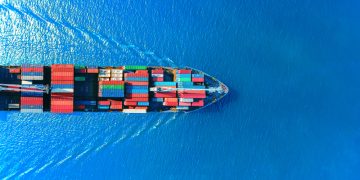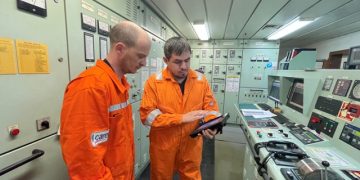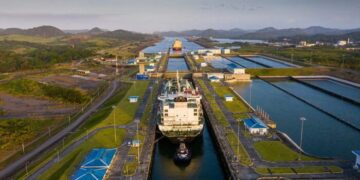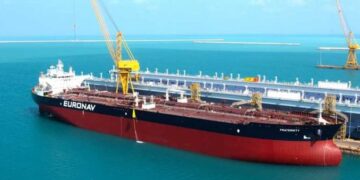The Sustainable Shipping Initiative (SSI) launched a new report, titled “Defining sustainability criteria for marine fuels”, outlining fifteen issues, principles and criteria that provide guidance on the sustainability of marine fuels under consideration for shipping’s decarbonisation.
As SSI says, sustainability is generally understood as an integration of three dimensions: environmental, social, and economic. When applied to the fuels used in maritime transport, the following definition (adapted from IMO, 2013 and UNCTAD, 2018) serves as a starting point for identifying the sustainability issues and principles outlined in this report:
Sustainability in maritime transport entails, among other features, the ability to provide transportation infrastructure and services that are safe, inclusive, accessible, and reliable
A lifecycle (well-to-wake) approach
Managing value chain risks for the marine fuels under consideration for shipping’s decarbonisation requires an understanding of the sustainability issues across the lifecycle of the fuel. For the purposes of this report, issues are considered on a well-towake basis, encompassing well-to-tank and tank-to-wake as illustrated below:

Sustainability criteria for zero and low carbon marine fuels
Understanding sustainability issues from a lifecycle perspective further allows for informed decision-making concerning value chain risks and helps direct choices for investment, purchase and consumption. Eventual certification of zero and low carbon marine fuels based on sustainability criteria can provide assurance to organisations investing in zero and low carbon marine fuel options.
There is a tendency to emphasise GHG emissions when discussing decarbonisation. However, the industry needs to move beyond emissions
stated Andreea Miu, Decarbonisation Lead, Sustainable Shipping Initiative.
The SSI together with academic partner Copenhagen Business School Maritime identified a set of 15 sustainability issues, principles and criteria for zero and low carbon marine fuels that provide clarity on the sustainability concerns over the lifecycle of the fuels currently being explored for shipping’s decarbonisation. The figure below displays the 15 sustainability issues for zero and low carbon marine fuels.

What does the future hold
Through the development of these principles and criteria, alongside better understanding of the sustainability issues surrounding potential zero and low carbon marine fuels, SSI aims to increase awareness and encourage use of the criteria, as well as further research and innovation focusing on the sustainability of fuels.
Commenting on the future of decarbonization for shipping, Ingrid Marie Andersen, Head of Decarbonisation Targets and Life Cycle Analysis, A.P. Moller Maersk, stated that:
The shipping industry needs scalable, sustainable solutions to decarbonise
The research presented in this report can also contribute to the setting of industry standards and certification programmes to assure the sustainability of marine fuels.
This may aid in the selection of sustainable fuels for shipping, and increase demand across the sector, further increasing trust among key stakeholders and mitigating risk.
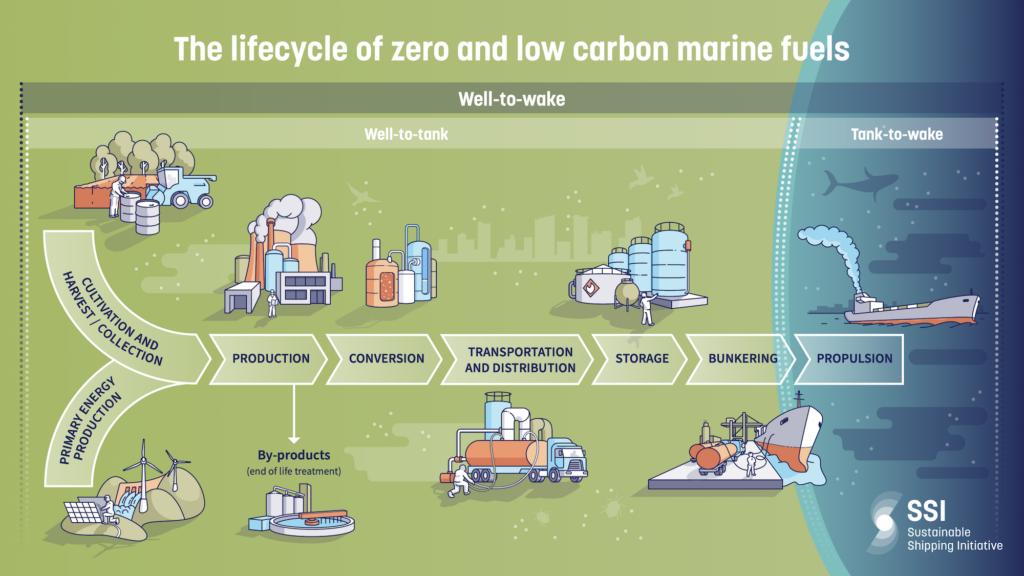
Additionally, the criteria can be reviewed at the regulatory level, helping inform discussions around the fuel lifecycle, and incorporation of sustainability criteria in Lifecycle Assessments, which may lead to industry standards against which certification can provide assurance.
The SSI will continue to collaborate and partner with potential user groups on the sustainability criteria and other key stakeholder groups across the shipping value chain
the SSI concluded.
EXPLORE MORE ON SSI’S SUSTAINABLE CRITERIA FOR LOW CARBON FUELS
















